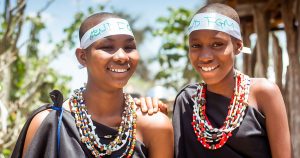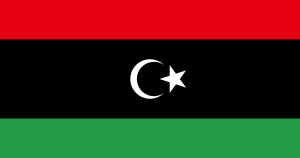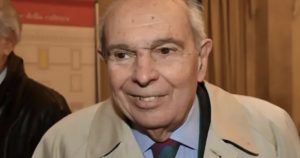Paulo, 31 March 2022
The UN Human Rights Council assesses the violation of human rights, the environment and Brazilian indigenous peoples with contributions from civil society.
Brazilian organisations submitted a document to the United Nations this Thursday (31), in which they describe the current scenario of compliance with human rights in Brazil. “Instituto do Homem e Meio Ambiente da Amazônia” (Imazon), the “Instituto de Pesquisa Ambiental da Amazônia” (IPAM), “Seja Legal com a Amazônia” campaign, the “Instituto O Mundo que Queremos” (IOMMQ) and “Amigos da Terra” – Brazilian Amazon Rainforest, supported by the European organisation No Peace Without Justice (NPWJ), joined forces to inform the Universal Periodic Review (UPR) of the UN Human Rights Council of their perspectives, with a focus on human rights, the environment and the rights of indigenous peoples.
The submitted contribution provided an analysis of the implementation of recommendations made to Brazil by State Parties in previous stages of the process. It also provided direct recommendations to the Human Rights Council members assessing Brazil to help the country fulfil its international human rights obligations. These include: to increase transparency in government agencies and develop opportunities for public participation in Brazil’s land designation process; to forbid the issuance of land titles for recently deforested areas and forbid future land occupations from being legalised; ensure that plans such as “Auxílio Brasil” (Brazilian social welfare program) and that “Cesta Básica” (food parcel) meet the needs of indigenous peoples, especially in relation to their food and cultural needs, which are crucial for their survival.
According to Paulo Moutinho, a senior researcher at IPAM Amazônia and spokesperson for Seja Legal, the UN’s periodic reviews are crucial because they establish parameters for comparison regarding good human rights behaviour and the articulation of different countries around the mission of protecting, respecting and fulfilling human rights. For him, although in Brazil we are not experiencing an armed conflict that takes the lives of thousands of people every day, thousands of people are having their lives and rights continuously threatened. “In this changing world full of fake news, what we need the most is to understand the evolution of the respect for human rights are credible parameters, well-established parameters, so that we can have in the international community a means of demanding actions from governments so that respect remains and increases on a global scale”, he says.
UPR
The inexistence of peace and justice in the world relies on the lack of understanding that all human beings are born free and equal in dignity and rights. Despite this, Brazil’s recent history still shows there is a lot to be done in terms of sustainable development and human rights.
The UN Human Rights Council regularly assesses the compliance with human rights of each of the 193 United Nations Member States with their obligations and commitments. This evaluation is carried out every four and a half years through a mechanism called Universal Periodic Review (UPR). The role of the UPR is to verify the implementation of the previous recommendations and the evolution of the human rights situation in Member States, thus improving the world scenario. To this end, the Council also relies on the consultation and collaboration of civil society organisations.
The State’s review is based on three documents: a national report prepared by the State under review; a compilation of information on the State prepared by the Office of the United Nations High Commissioner for Human Rights (OHCHR); and a summary of submitted information by other stakeholders (this is where civil society organisations take part).
From these documents, the review moves on to a session of the Working Group on the UPR. After a few days of dialogue, the Working Group will prepare the process report and, after a few months, a document will be created with the final result of the analysis.
We hope these collective efforts are fruitful and help guide the behaviour of the Brazilian State for it to fully comply with its human rights obligations – including the respect and protection of indigenous peoples and the environment. It is essential to highlight that this process does not finish with a submission to the UPR. Ensuring compliance needs to count on the participation of everyone and getting to know your rights is the first step to understanding when they are being violated and what to do for those violations not to remain in impunity. It is time to take action!
For further information, please contact Juan Guzman, Amazonia Project Associate (juzman@npwj.org) or Nicola Giovannini, Press & Public Affairs Coordinator on ngiovannini@npwj.org.




